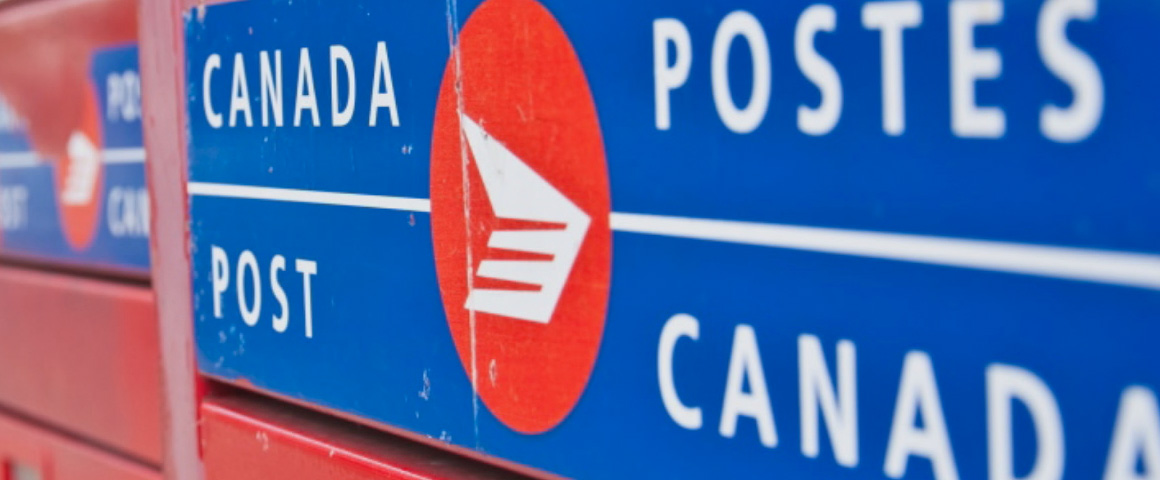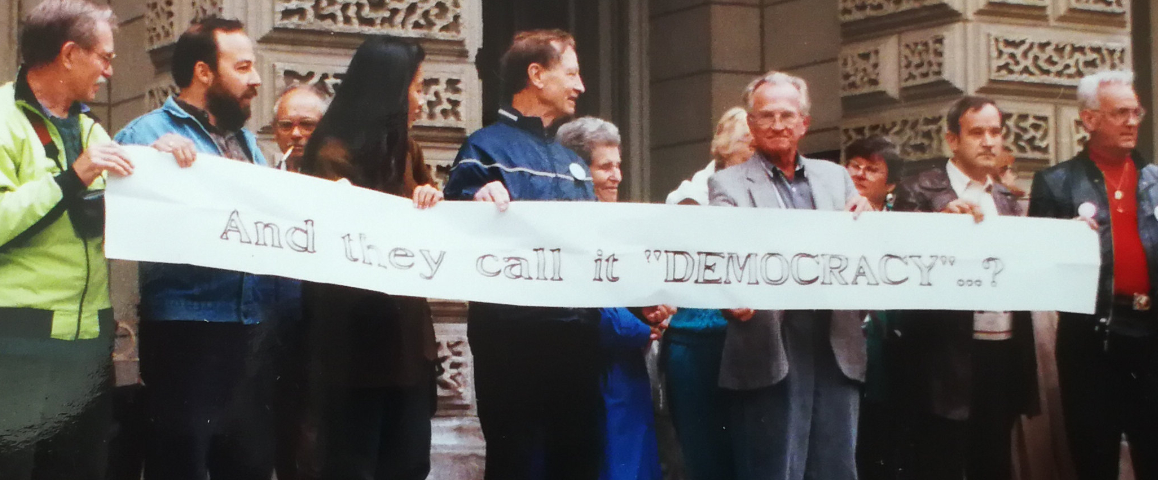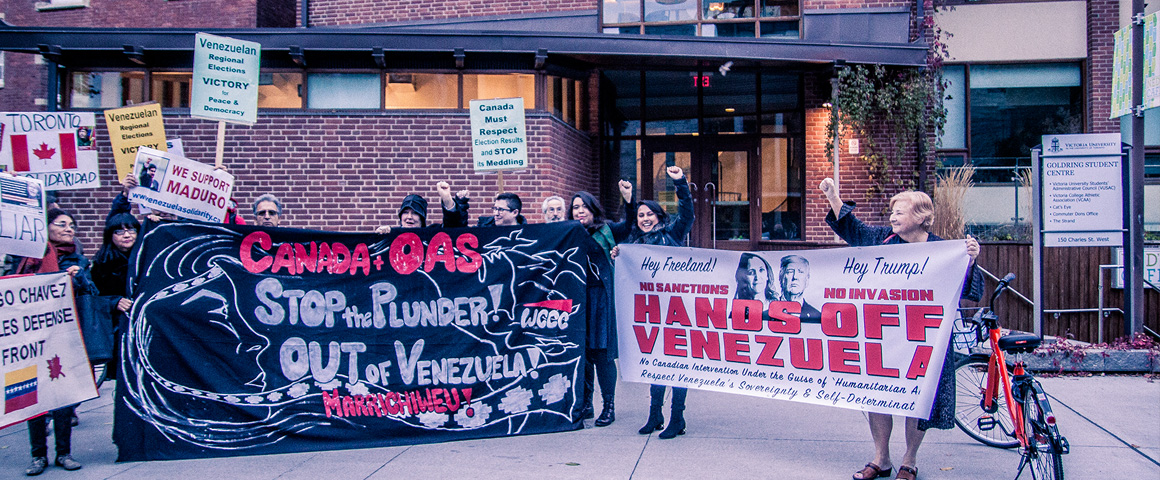Few trade unions have as proud a record as the Canadian Union of Postal Workers. CUPW’s first illegal wildcat strike in 1965 succeeded in winning the right to collective bargaining for all public sector employees. Other major industrial actions over the following years won above average wage increases, and better job security in the face of new technology at the post office. When CUPW defied back-to-work legislation in a 1978 strike, President Jean-Claude Parrot was jailed. Three years later, CUPW became the first federal union in Canada to win maternity leave for its members. Rotating strikes in 1987 and 1991 against plans to privatize postal outlets were ended by back-to-work legislation, and saw attempts by Canada Post to break the strike using scabs. In 2003, CUPW organized about 6,000 Rural and Suburban Mail Carriers (RSMC), winning a first collective agreement for these workers, mostly women.
Little wonder that successive Liberal and Conservative governments have frequently tried to weaken this militant, democratic and socially progressive trade union. This year, CUPW again faced off against a viciously anti-labour employer, winning a two-year collective agreement despite an intensive right-wing propaganda campaign. As we go to press, it appears that CUPW won some important gains. For example, the tentative deal doubles all paramedical benefits for RSMCs, with the exception of physiotherapy, raising extended healthcare benefits for these workers to the same level as urban operations. While the gendered 28% pay gap between urban and rural employees remains, the union did win a major victory, establishing a process to finally resolve this shocking pay discrepancy within nineteen months.
There are huge issues left unresolved at Canada Post, and the two-year agreement is a short time frame. This is not a time to relax: it remains urgent to stand in full solidarity with CUPW during the weeks and months ahead.




